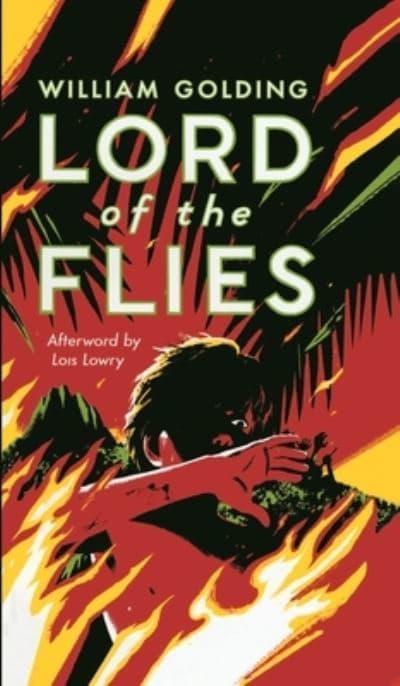
20th Century Literature
20th Century Literature
Looking into a more modern form of English Literature that is studied at GCSE. Looking at how Literature has transformed over the the past from the Elizabethan era of Shakespeare to the 19th Century writing of Pride and Prejudice. Understanding the transformation of English Literature helps to gain a better understanding of what has formed and shaped 20th Century Literature.
Literature throughout time has reflected the current affairs within society and the modern era is no exception. After the end of the Victorian era, the modern history of English literature began. Rudyard Kipling is considered as one of the greatest writers in this century. He was born in India and then moved to Lahore and was a supporter of colonization.
His main works include Kim and ‘the Jungle Book. Some prominent contributions to 20th century literature were The Time Machine, The Invisible Man, First Man on the Moon’ etc.

Understanding what 20th Century literature changed
A change in structure
Prior to the 20th century, English Literature tended to be structured in chronological order. However, 20th century writers experimented with other kinds of structures. For example Virginia Woolf,wrote novels whose main plot was often “interrupted” by individual characters’ memories, resulting in a new and disorienting reading experience. Ford Madox classic “The Good Soldier” plays with chronology. It jumps back and forth between multiple time periods. Many of these writers aimed to imitate the feeling of how time is truly experienced.
A change in Perspective
Pre 20th century Literature , you could count on the reliability of an objective narrator in fiction. However, in Modernist and postmodern writers, they believed that this did a disservice to the reliability of stories in general. The 20th century saw the birth of the ironic narrator. This narrator could not be trusted with the facts of the narrative. An example of this is Nick Carraway, narrator of Fitzgerald’s “The Great Gatsby.” The narrator tells the story with a bias toward the novel’s main character.
The writing of the city
The 20th century is often referred to as the century of urbanism. As more people moved to cities in Europe and America, writers used urban environments as backdrops for the stories they told.
Where as prior to 20th century the ideology of the countryside was predominantly used in novels.

Writing from the sidelines
20th century literature gave voice to marginalized people. These people previously got little recognition for their literary contributions. The Harlem Renaissance, for example, brought together African-Americans living in New York to form a powerful literary movement.
Similarly, female writers gained recognition through novels that chronicled their own experience.
As you study 20th century literature such as ‘Lord of the Flies’, ‘DNA’, ‘An Inspector Calls’ and ‘Animal Farm’. It is important to remember the importance of understanding the wider society of the times. This will help to deepen your answers and analysis of the texts you are reading.
Other GCSE Resources
Explore our comprehensive collection of resources tailored for GCSE English and exam preparation. We’ve curated materials covering a range of topics, ensuring you have the support you need to excel in your studies. Here are some key focus areas:
Feel free to browse through these materials to enhance your preparation for the GCSE exams. If you have any specific queries or need additional resources, don’t hesitate to reach out.
Get In Touch
-
Give us a call
020 8883 2519 -
Email us
hello@mentoreducation.co.uk -
Our social media


